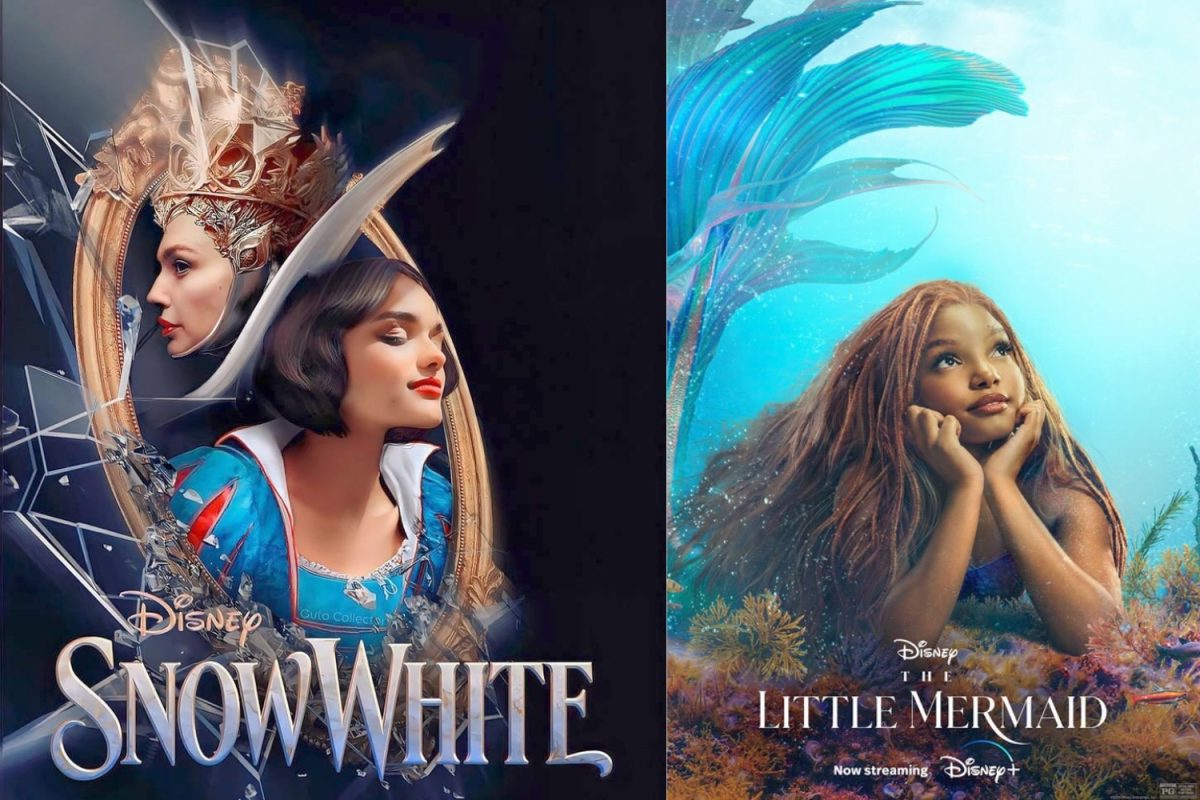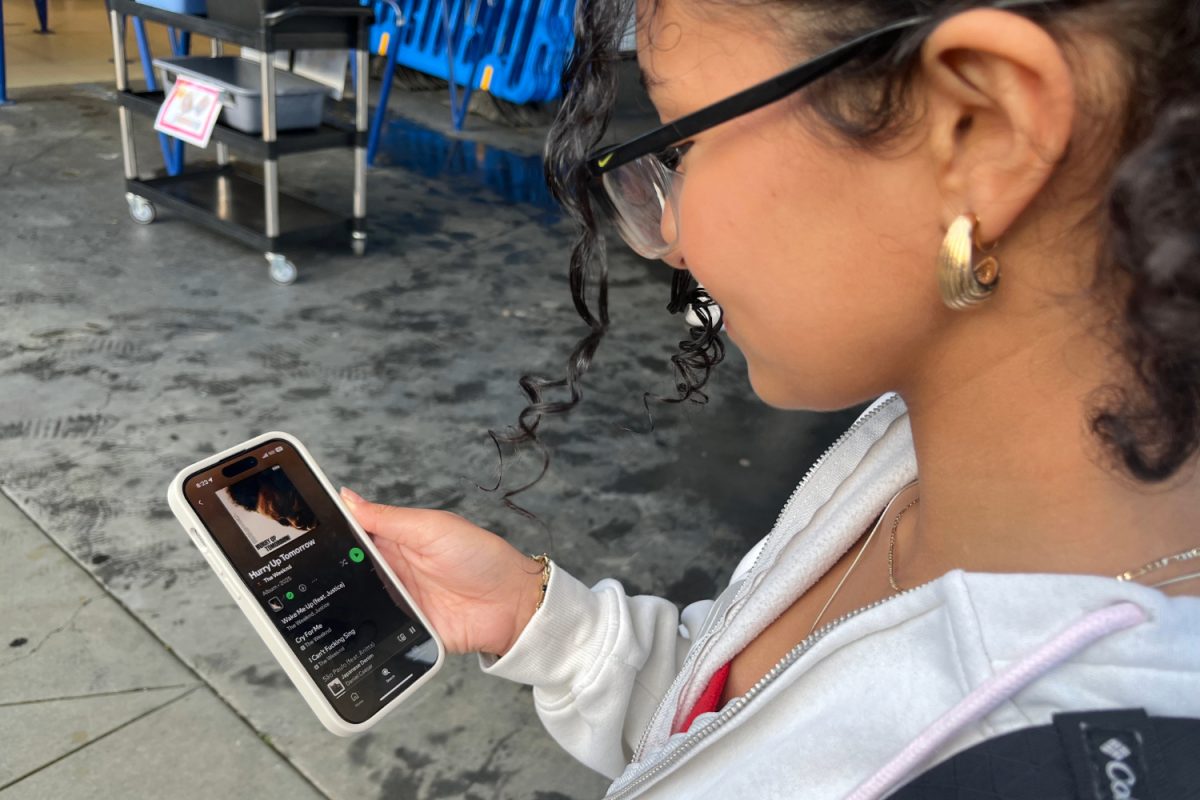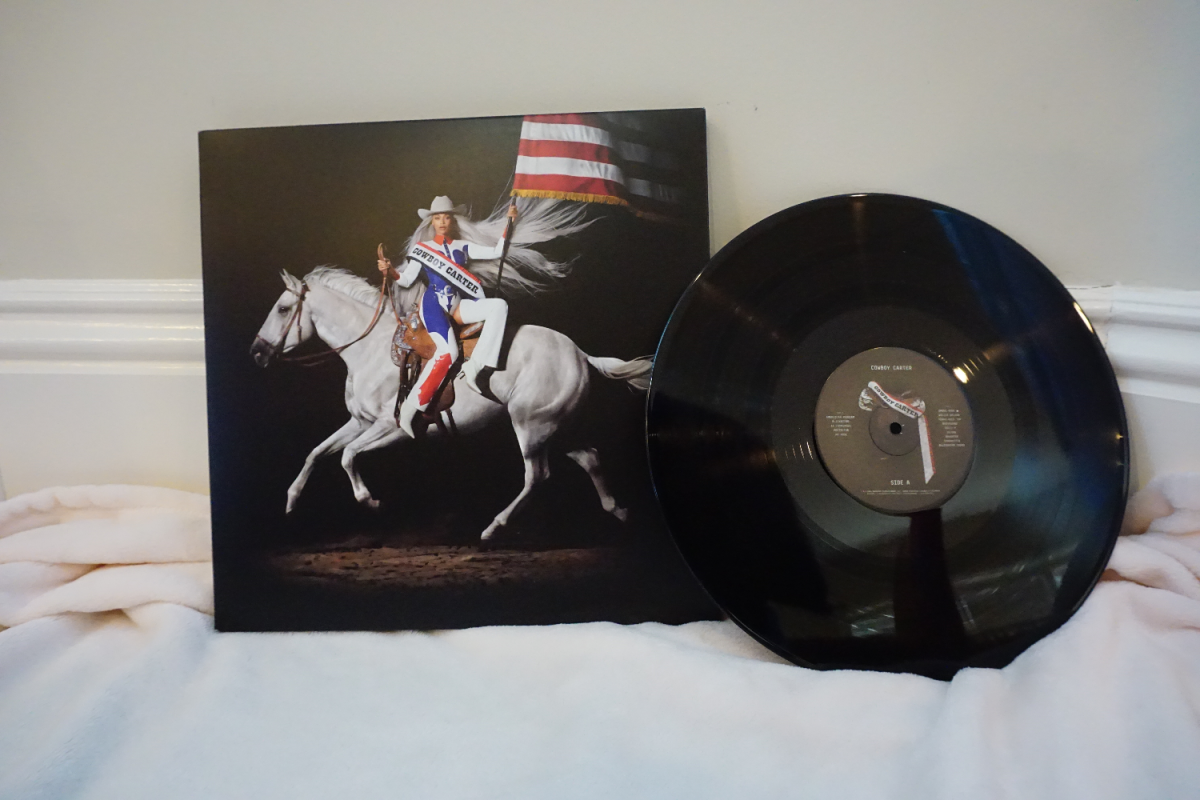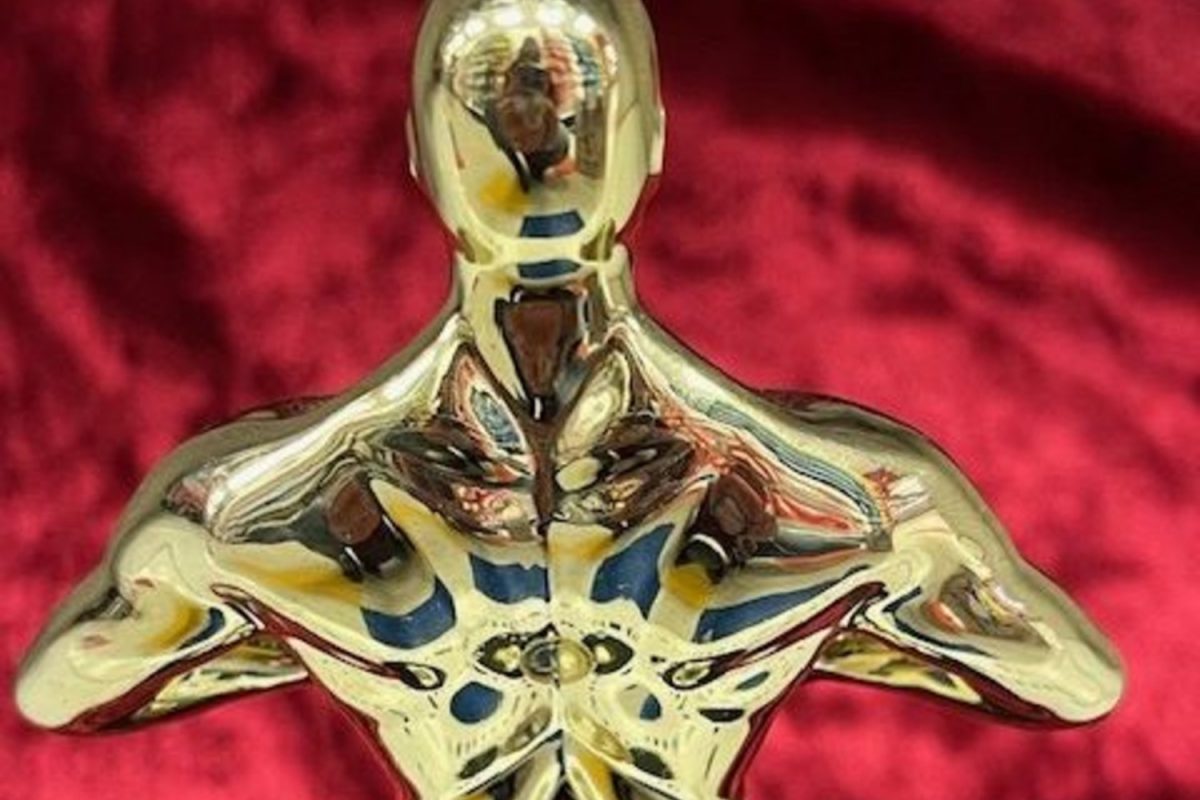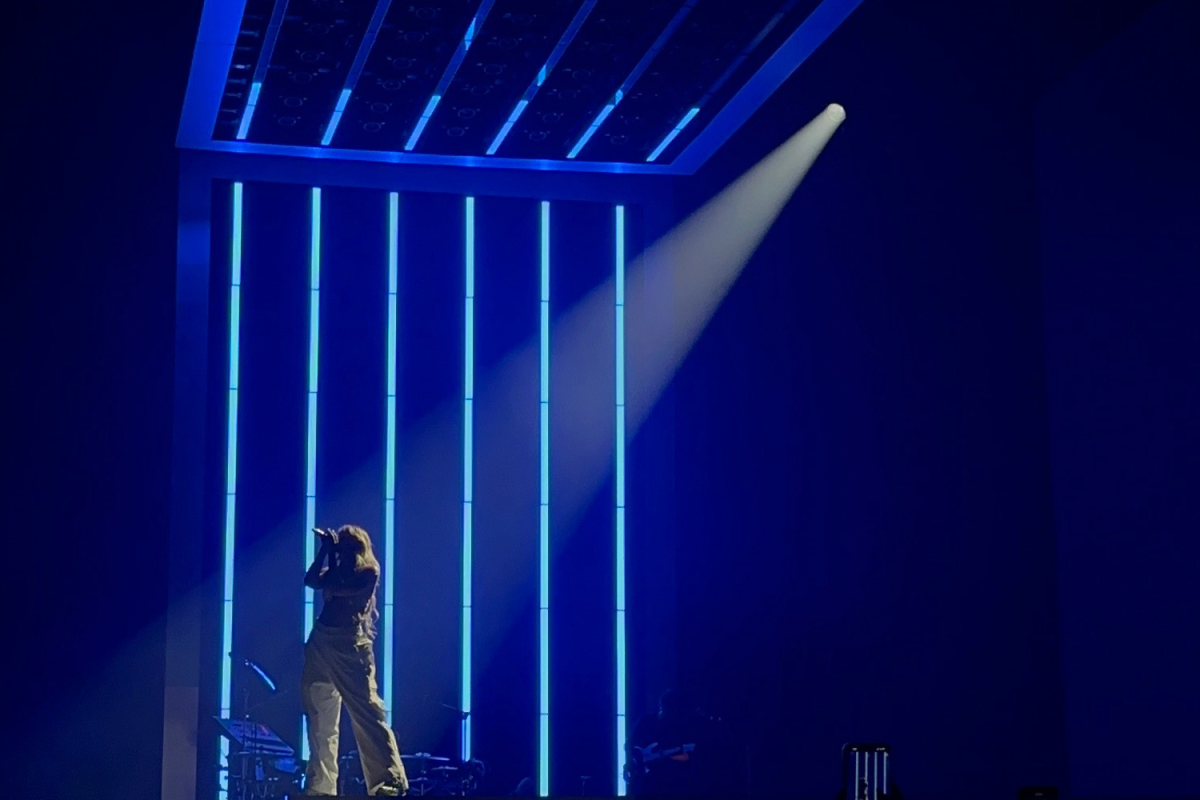In the past decade or so, Disney has committed itself to releasing live-action remakes and adaptations of many animated classics, from Cinderella (2015) to The Lion King (2019) and The Little Mermaid (2023). These endeavors have been met by critics and movie lovers with both excitement and controversy.
While many fans appreciate the opportunity to relive the magic of their favorite childhood stories on the big screen, others feel that Disney’s approach to diversity, equity, and inclusion leaves much to be desired.
Disney’s remakes have long been criticized for being lazy cash grabs that add little to the original franchises. This past year, the company’s new releases have been consistently underperforming, resulting in a net loss of nearly $1 billion.
However, recent films have faced criticism for more than just their underwhelming performance. Disney is also receiving backlash for pushing what some like to call a “woke” agenda— forcing political correctness and modern-day liberal views on its audience through the casting, characters, and plotlines of its productions.
On the other hand, many others welcome the representation and view the live-action remakes as a positive way to give minorities a chance to shine in the spotlight.
“I would not characterize Disney as ‘woke,’ but they have developed and become more inclusive,” said Carlmont junior Aubrey Button.
In the 2023 remake of The Little Mermaid, for example, Disney chose to cast the talented Black actress Halle Bailey as Ariel rather than sticking to the original animated Ariel’s race. Many online commentators were upset by the blatant race swap despite a general consensus on Bailey’s outstanding performance (as seen in reviews by Rotten Tomatoes critics).
Rachel Zegler, a Latina actress of Colombian and Polish descent, also faced harsh online criticism for playing the leading role in Disney’s live-action version of Snow White and the Seven Dwarfs, which is set to reach theaters in March 2024.
Even more controversial, Disney replaced the original dwarfs with a diverse group of “magical creatures” after Peter Dinklage, a prominent Hollywood actor with dwarfism, pointed out the hypocrisy of keeping the “backward” tale of dwarfs living in a cave whilst establishing a progressive stance when it came to casting Zegler as the lead actress.
EXCLUSIVE Snow White and the Seven… Politically-Correct Companions? https://t.co/gOantUJDEQ pic.twitter.com/Gn8NpFIEKP
— Daily Mail US (@DailyMail) July 14, 2023
While some appreciate the effort, others believe that Disney should focus on creating original stories that authentically represent diverse voices and experiences rather than attempting to adapt established classics to fit a more diverse and inclusive narrative.
“Instead of casting a person of color as an actor to fill an existing role, perhaps they should make different storylines to give people of color their own rich storyline and character to identify and relate with,” said Carlmont sophomore Kylan Wang. “Otherwise, it just makes the diversity seem low-effort and forced.”
Disney, for its part, maintains that it is striving to strike a balance between respecting its beloved classics and embracing a more diverse and inclusive future. The company emphasizes that its goal is not to erase the past but to adapt stories for contemporary audiences while promoting inclusivity and diversifying representation.
“It’s good to acknowledge the importance of diversity, and having a more progressive approach towards film-making isn’t always a bad thing. Sometimes it’s just not necessary,” said Carlmont senior Kellie Lam.
Ultimately, Disney’s live-action remakes serve as a reflection of the broader conversation about representation and storytelling in Hollywood.
As the industry continues to evolve, it remains to be seen how these adaptations will shape the future of entertainment and whether they will ultimately succeed in achieving the delicate balance between honoring the past and embracing a more inclusive future.

